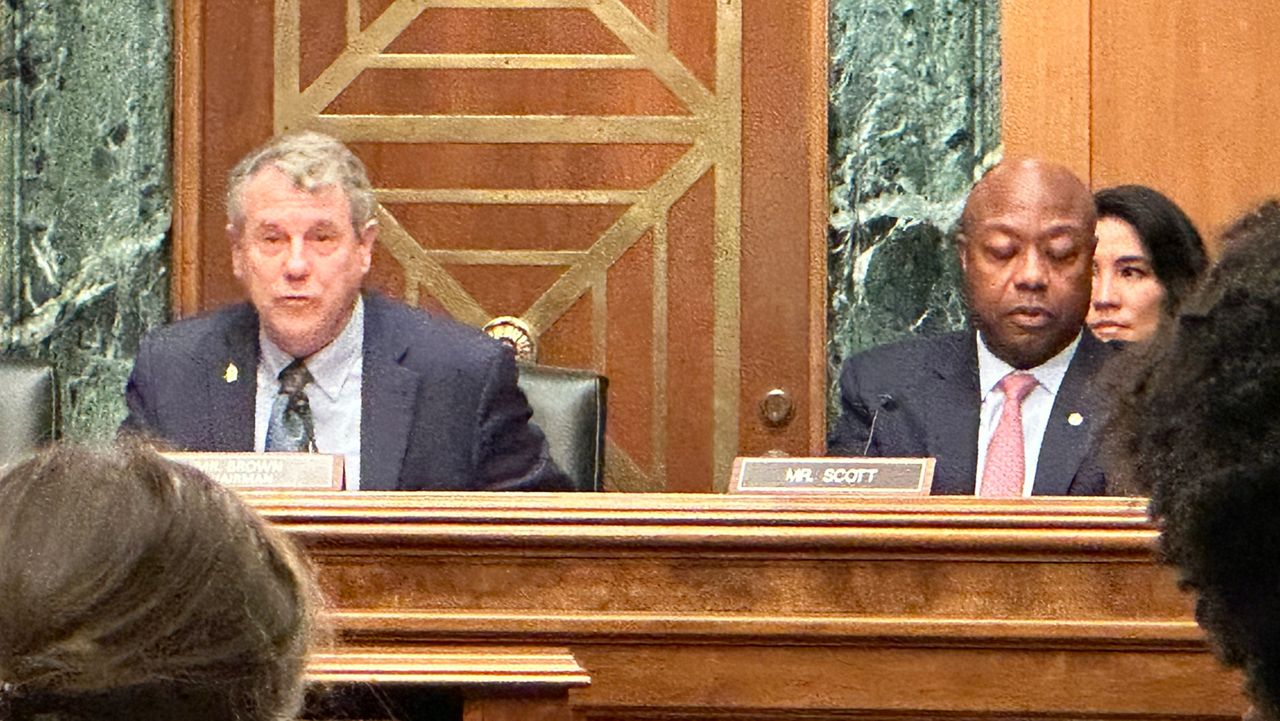WASHINGTON, D.C. — Congress just wrapped up its least productive year since the Great Depression, passing just 27 bills that were signed into law. Of those 27, one law created a commemorative coin and two renamed medical centers.
What You Need To Know
- In 2023, Congress passed the fewest bills that were signed into law than any year since 1931
- Democrats and Republicans in both chambers blamed each other for the lack of legislation passed
- Prospects remain dim for more legislation next year amid partisanship, intraparty fighting and politics of an election year
The term “Do Nothing Congress” was famously coined by former President Harry S. Truman in 1948. That year, however, Congress passed 511 bills that were signed into law. For comparison, the last 10 Congresses averaged 391 bills signed into law per term.
Instead, the House was consumed with controversy and fighting.
In January, Rep. Kevin McCarthy, R-Ca., underwent a bruising race for Speaker of the House that took 15 ballots to secure the position. He then became the first Speaker in history to be removed from the position by a motion to vacate in October. A divided Republican Caucus debated for three weeks and nominated three other candidates before electing Rep. Mike Johnson, R-La., as the new House Speaker.
In 2023, the House censured three of its own members: Rep. Adam Schiff, D-Ca., in June, Rep. Rashida Tlaib, D-Mich., in November, and Rep. Jamaal Bowman, D-N.Y., in December.
The House in December also voted to formalize an impeachment inquiry of President Joe Biden.
House Democrats blamed the Republican majority for the lack of legislation signed into law.
“They’ve been at this for almost a year, the Republican Conference. It’s clearly a dysfunctional group. They can’t govern. They’re not being serious about this moment,” said Rep. Greg Landsman, D-Ohio.
House Republicans blamed the Democrat-controlled Senate for not taking up bills that did pass the House, such as the Energy and Water Development and Related Agencies Appropriations Act of 2024.
“What we did is pass a bill to make it easier to produce energy in America, to lower costs for families. We passed that bill over to the Senate. They refused to even take it up because Chuck Schumer and Joe Biden want families to pay more at the pump,” House Minority Leader Steve Scalise, R-La., said at a press conference on Dec. 14.
The House in fact held 724 votes this year. However, a majority of the bills passed along party lines with only Republican support, all but guaranteeing they would go nowhere in the Senate.
“The House hasn’t done its job. It’s been playing games. It’s what people don’t like about this town,” said Sen. Sherrod Brown, D-Ohio. “All year the House didn’t choose its speakers, they’ve been fighting with each other. Their egos are out of control. They’re acting like kids and they’re not doing their job.”
Even Republicans have vented their frustration at the snail speed of legislation.
“One thing! I want my Republican colleagues to give me one thing, one that I can go campaign on and say we did,” Rep. Chip Roy, R-Tx., remarked on Nov. 15.
Congress headed home for the holidays without passing an emergency funding package for Ukraine and Israel, or a federal budget for next year.
2024 doesn’t look much more promising for congressional productivity. A fierce partisanship, intra-party fighting, slim majorities in the both the House and Senate and the politics of an election year pose barriers to enacting legislation.










